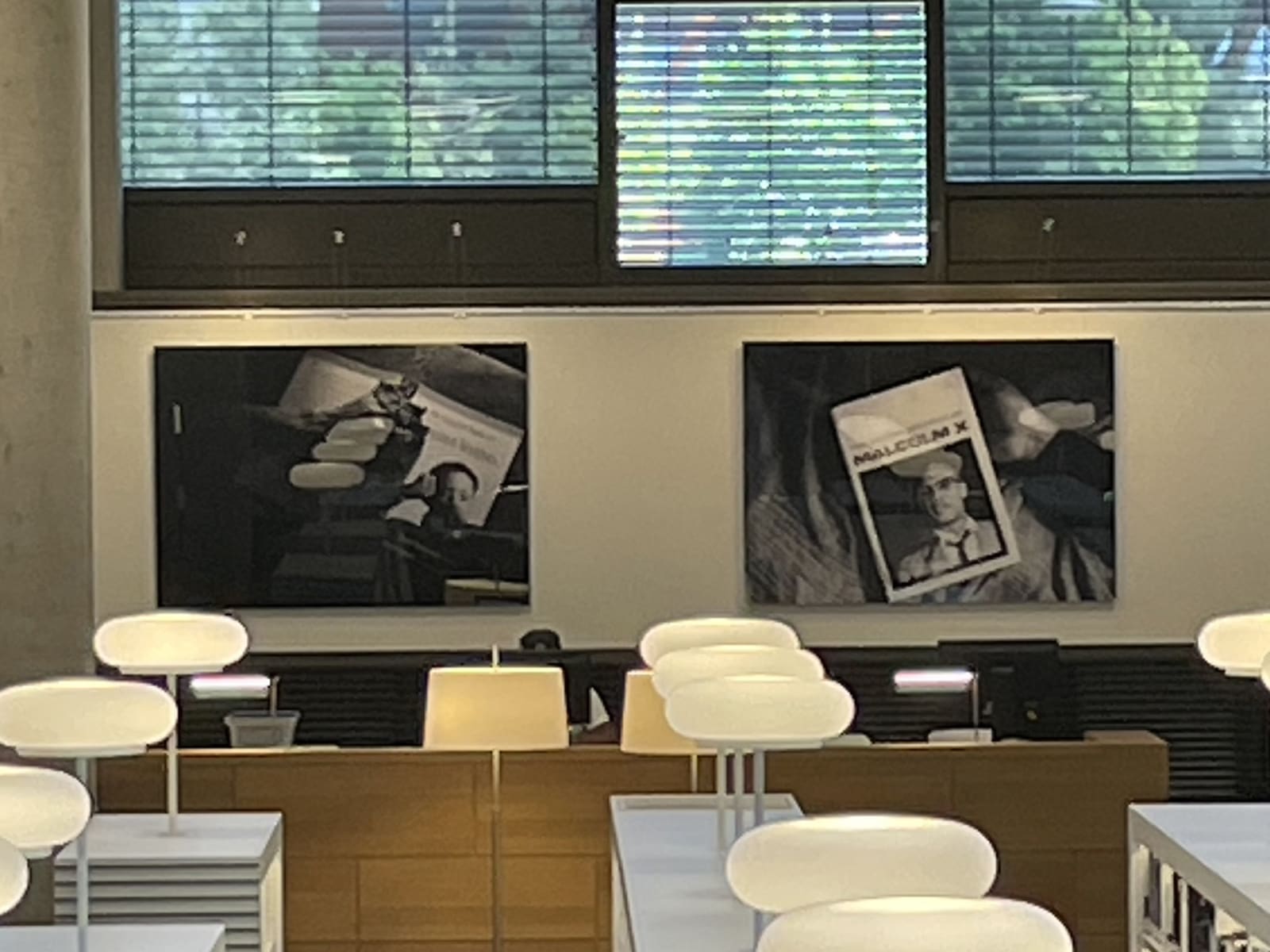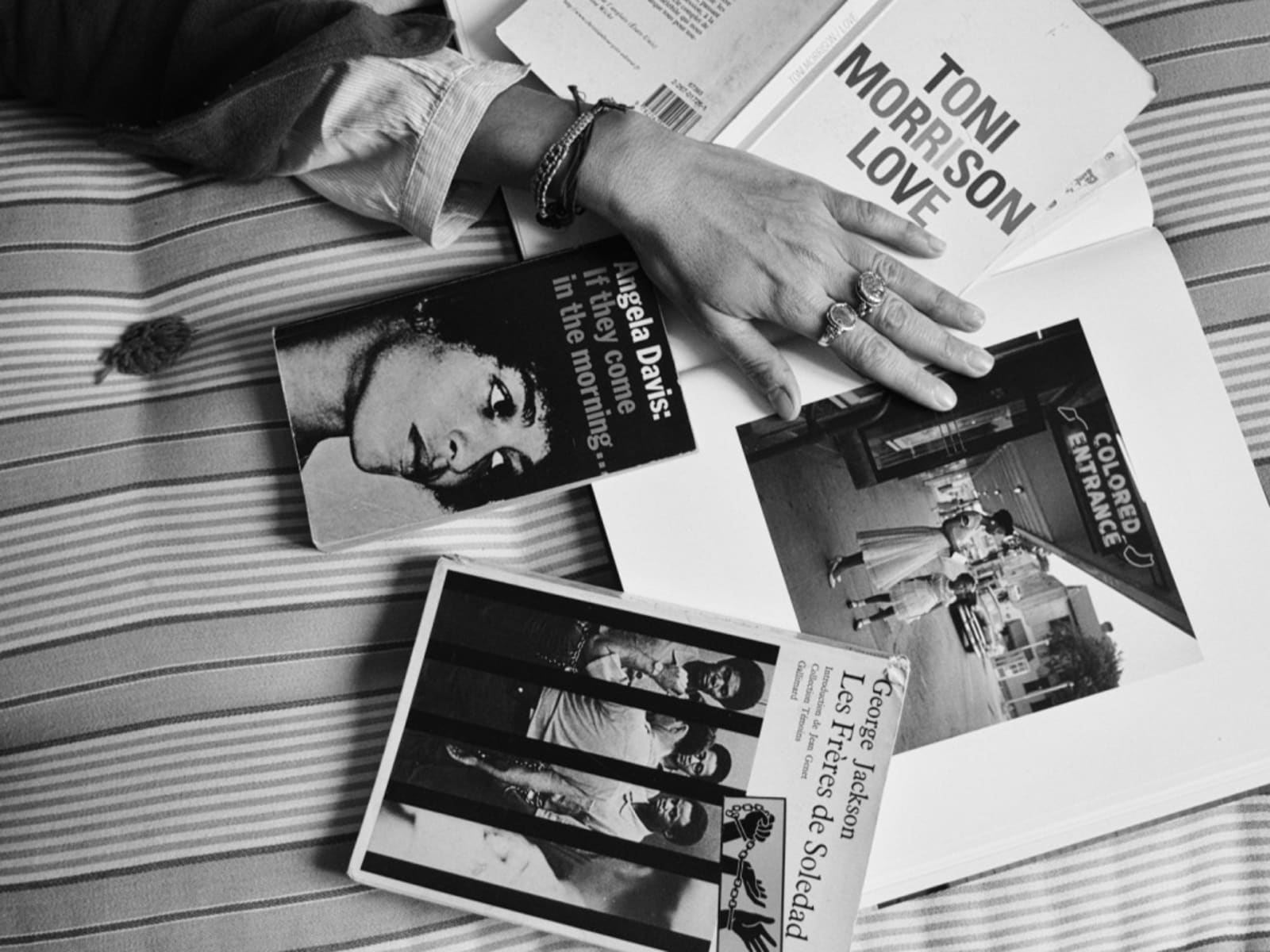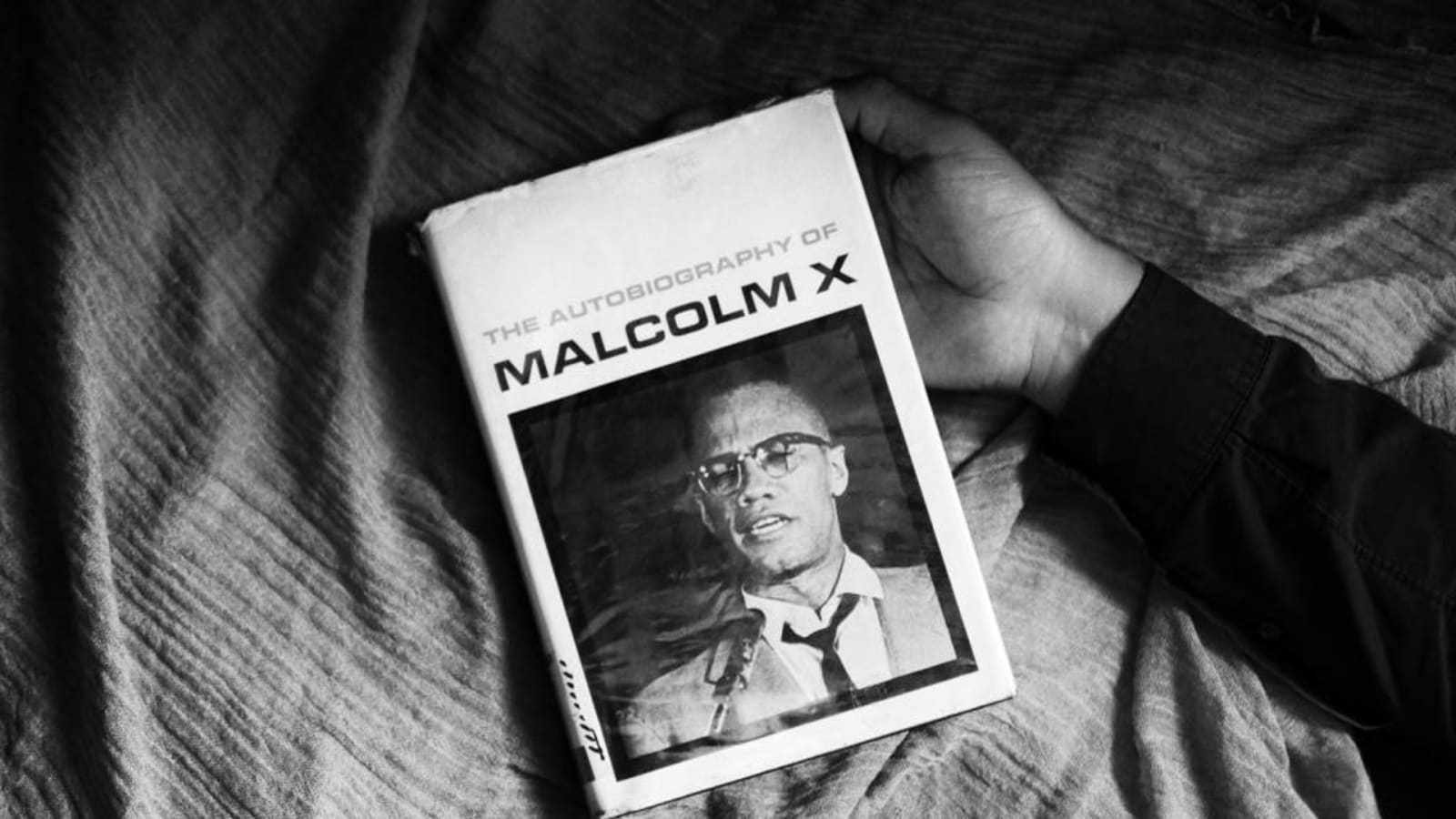IMAGINARY
Thinking thought usually amounts to withdrawing into a dimensionless place in which the idea of thought alone persists. But thought in reality spaces itself out into the world.
It informs the imaginary of people, their varied poetics, which it then transforms, meaning, in them its risk becomes realized. (Poetics of Relation, Edouard Glissant)
Thinking thought usually amounts to withdrawing into a dimensionless place in which the idea of thought alone persists. But thought in reality spaces itself out into the world.
It informs the imaginary of people, their varied poetics, which it then transforms, meaning, in them its risk becomes realized. (Poetics of Relation, Edouard Glissant)
'Sleeping With Books' is entangled with Félix Gonzales-Torres’ “Untitled” (billboard of an empty bed), as an act of continuum, blurring the boundaries between civil rights struggles and collective dreaming. Taking the form of a photographic dreamscape, it mingles the intimate moments of sleeping, mourning, subsconsciousness and awakening with ideas of freedom. 'Sleeping With Books' dwells on the metaphysical space of imaginative agency, as a space of resistance, relation and opacity, triggering a worldliness of shared futurities. Everyone becomes their own agent in the appropriation of ideas, experiences, perceptions, passions, concepts and imaginaries inspired by these books as an archive and as time capsules of a living knowledge of Becoming.
Caecilia Tripp
Caecilia Tripp
Elvan Zabunyan
A gallery of portraits, a universe of dreams
A gallery of portraits, a universe of dreams
"I enjoyed the way those books kept me company, gradually drawing closer to me or drawing me closer to them. I liked their feel, their presence on my pillow, the sense of security they imparted. Much later, I came to understand that it was easier for me to read a book after it had spent some time in my company."
Ariella Aïsha Azoulay, La résistance des bijoux, contre les géographies coloniales, Sète, Ròt-Bò-Krik, 2023, p. 47
Ariella Aïsha Azoulay, La résistance des bijoux, contre les géographies coloniales, Sète, Ròt-Bò-Krik, 2023, p. 47
Sleeping with Books is a photographic series by Caecilia Tripp in an open-ended state of becoming. Of becoming, because the series carries within it an infinite character, it goes beyond the temporal and spatial limits that the title suggests. Caecilia Tripp selected for Bibliothèque Nationale six large format photographs of the series that will be presented in the large Reading Room. To sleep with books is to welcome the imagination of all the potentialities of the world. It is to protect oneself from nightmares and fears. It is to be aware of the power of a book that was written by people who open up a mixture of political and poetic horizons. But it is also to feel what the content of a book continues to produce in the sleeping body when the unconscious remains alert. Dreams are thoughts that work on the mind during sleep; this is not a moment of rupture with reality but a time of vigil.
Caecilia Tripp recounts the poignant story of a tragedy that prompted her to take these photographs: fires that occurred during the night in Paris between April and August 2005 in three districts of the city. Forty-nine people of African origin, including twenty-nine children, perished in the buildings where they lived. The artist chooses to visually and mentally transpose the violence of the event through The Fire Next Time, a book published by James Baldwin in 1963, at the height of his commitment to civil rights in the United States. The title resonates with the 2005 fire and prefigures the riots that exploded in the suburban areas of France that same fall. Baldwin's book is lying wide open on the bed where the hand of an African man rests gently. The man is asleep but the book acts. It remains close at hand, as a tool for defending and understanding society. In another photograph, the book Angela Davis: If They Come in the Morning (1971) is lying on a divan. If we open this book, we find an epigraph from James Baldwin: “If we know, then we must fight for your life, as though it were our own... For if they take you in the morning, they will be coming for us at night”. Night and day, day and night, mark the black and white of the photographs by creating a perfect harmony of gray tones. The penumbra unifies the colors of sheets, cushions, book covers, skins, jewelry, producing from one city to another, on both sides of the Atlantic, a line of solidarity. The books chosen by the people that Caecilia Tripp photographs become their secret portrait. The titles resonate in unison and form a constellation: Langston Hughes, Selected Poems; Leroi Jones, Home; V.S. Naupaul, The Mimic Men; Gilles Deleuze, Difference and Repetition; George Woodcock, Anarchism; Howard Zinn, People's History of the United States, from 1492 to Present; Gertrude Stein, The Making of Americans; George Jackson, Soledad Brother; Toni Morrison, Love; The Autobiography of Malcolm X.
Looking at the photographs of Sleeping with Books, we feel the silence of John Cage which, associated with the fire of James Baldwin, functions for the artist as a manifesto at the origin of these images whose tight framing is set to the scale of the book-object. But we also feel the way Caecilia Tripp, as a fine observer of the affects of life, engages with artists, intellectuals, her friends. For her, books are “living archives of (r/evolutionary) ideas and freedom dreams”. The portraits she creates are linked to this memory which is transmitted through objects that are reproductible yet unique.
May 15, 2023











